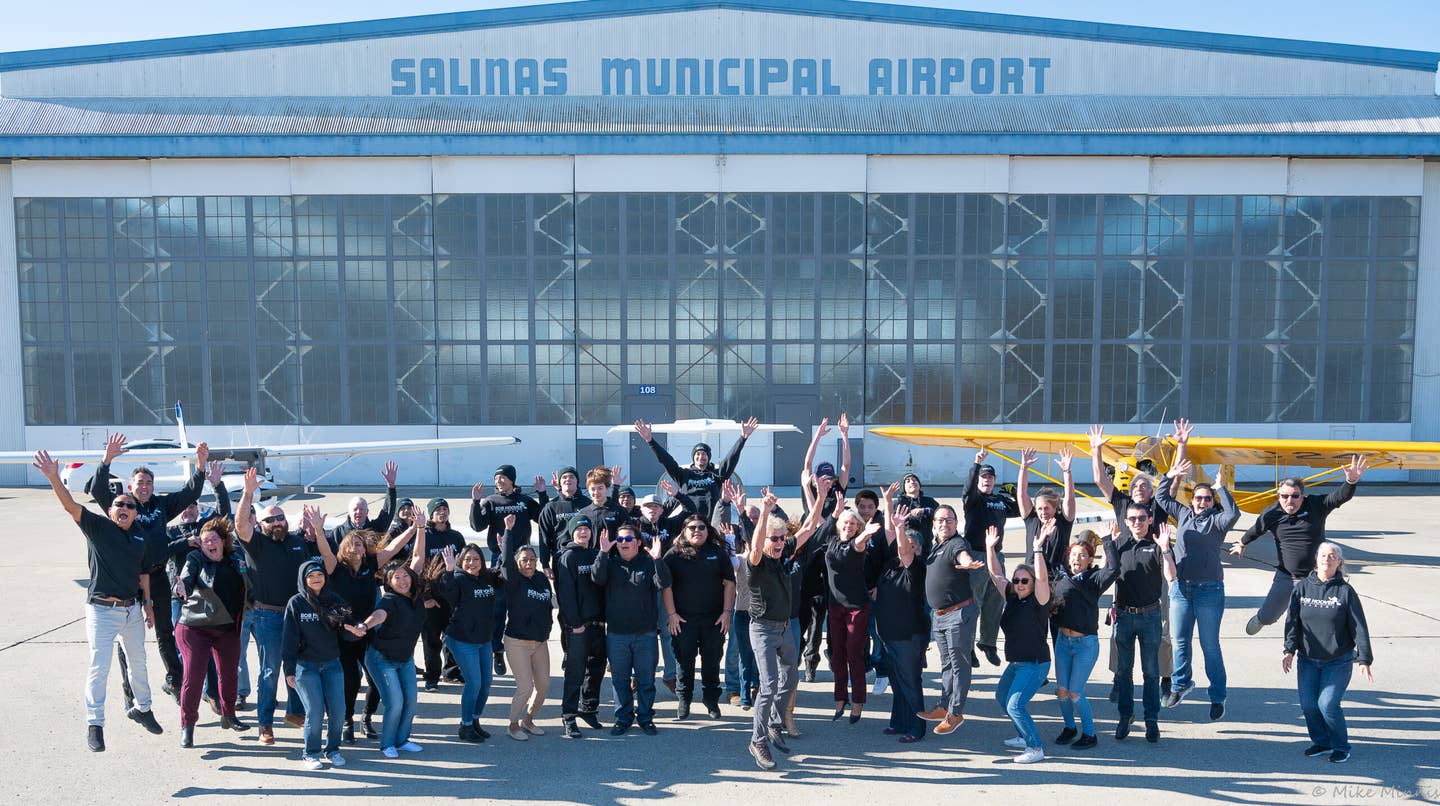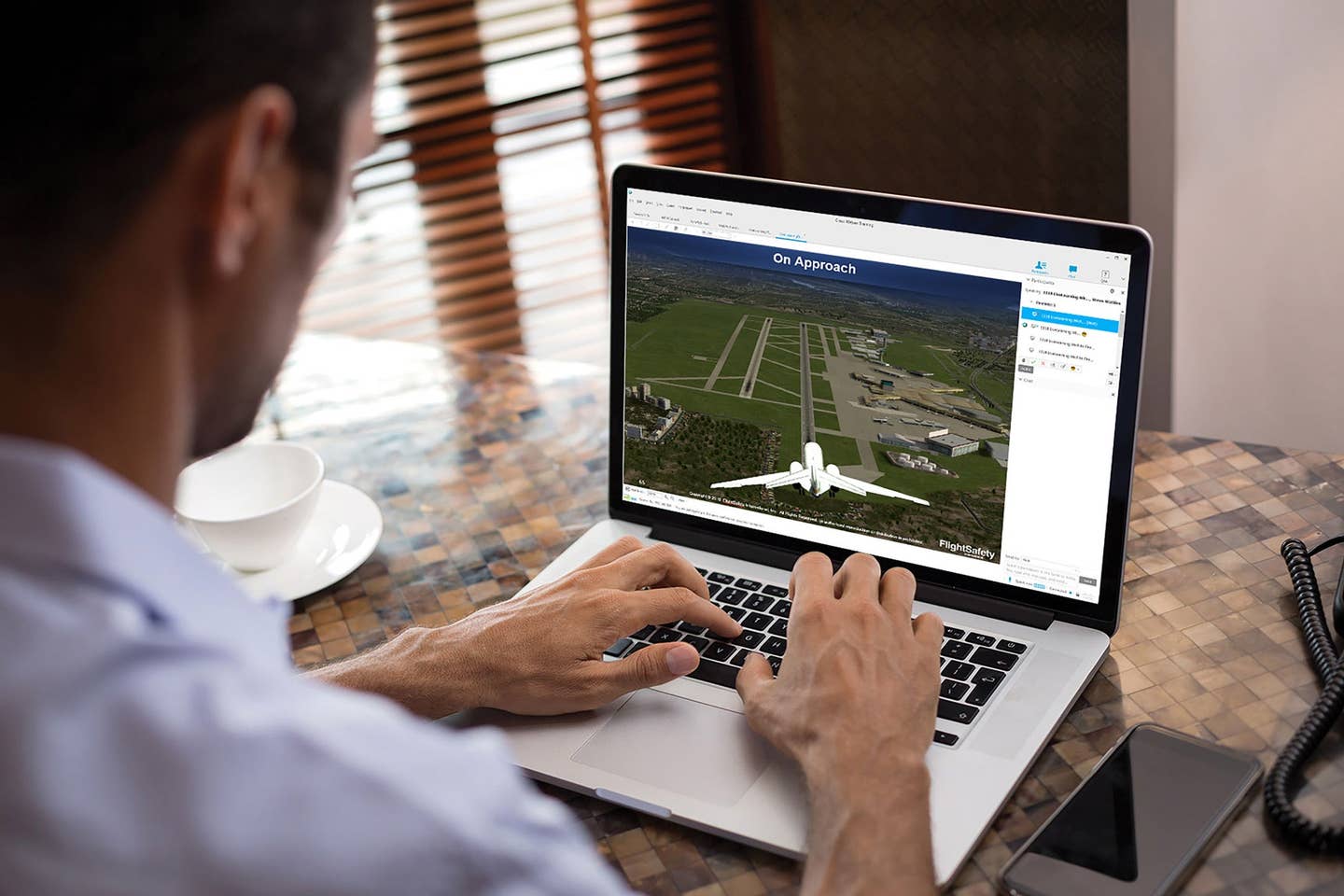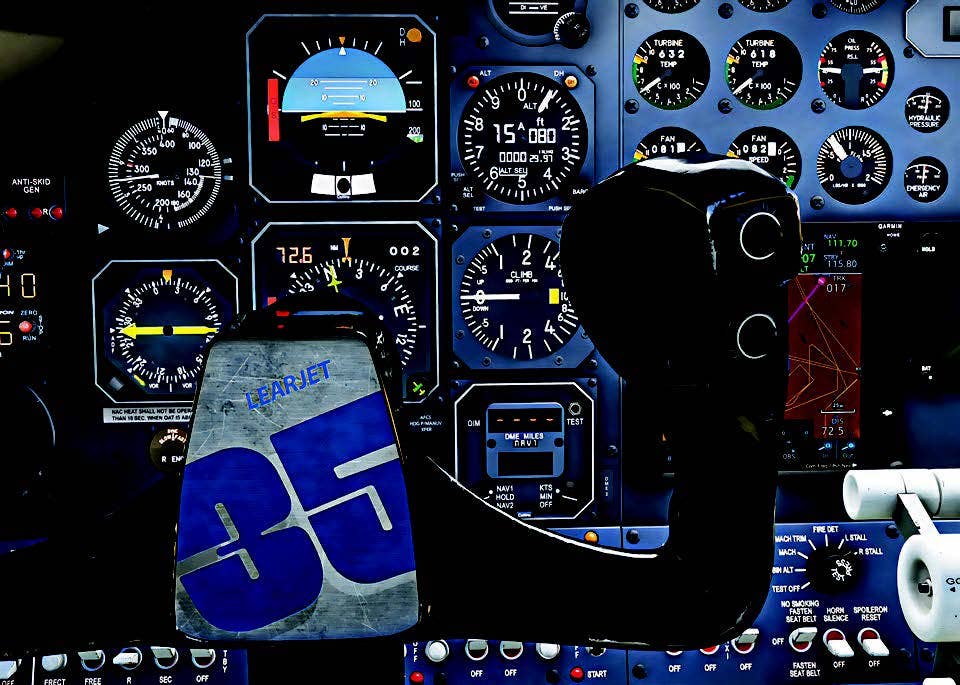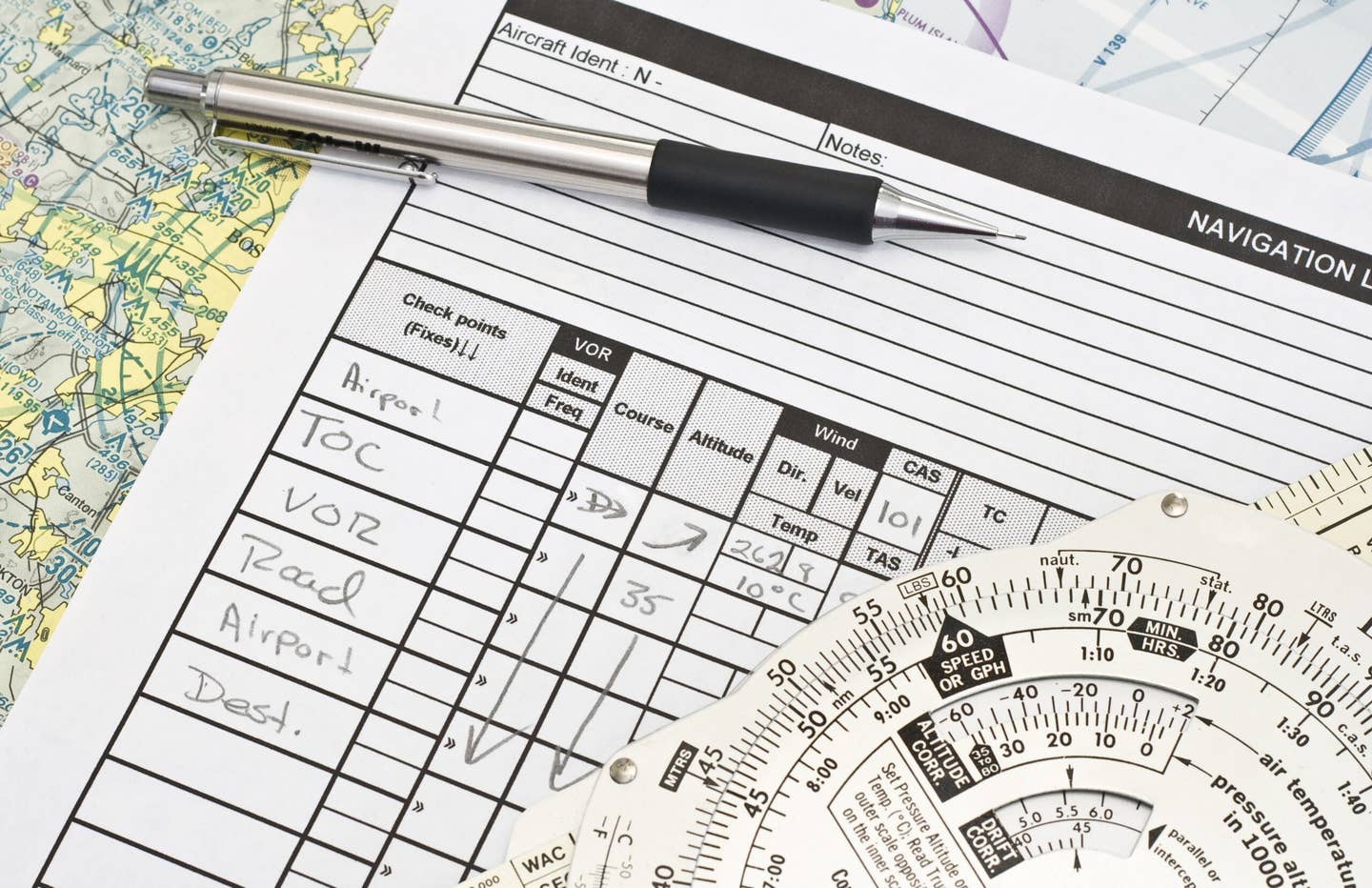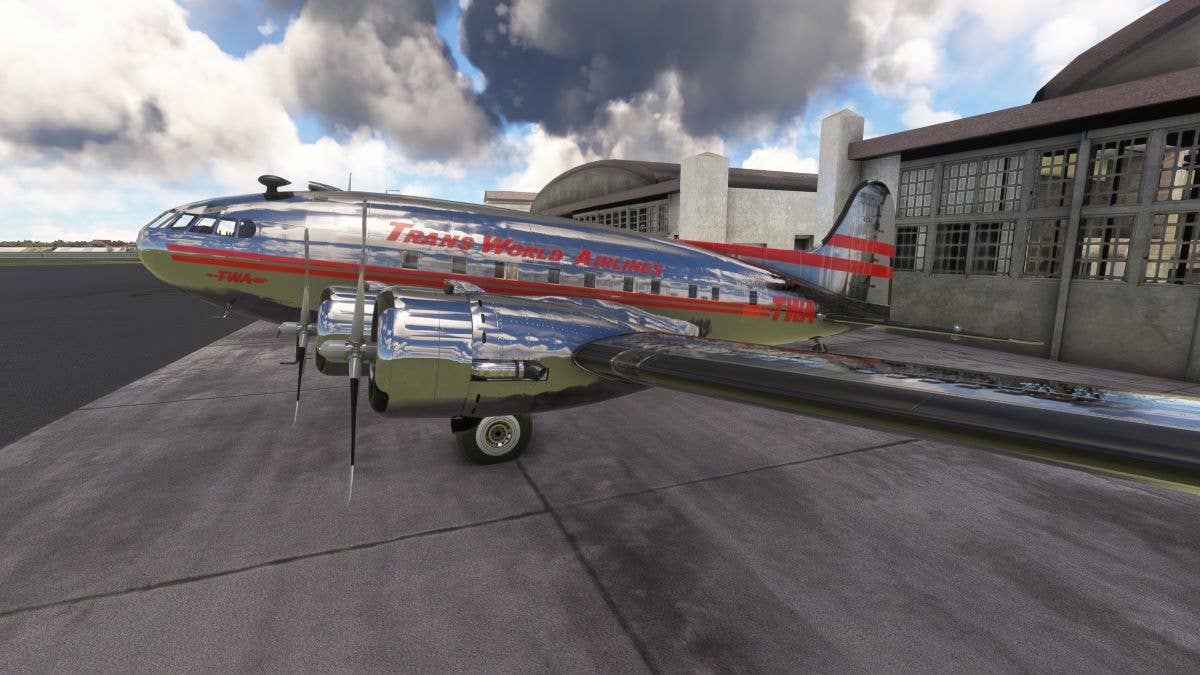
** IMC Club founder Radek Wyrzykowski
started the club as a way for IFR fliers to give
and receive support.**
It's not often a new craze sweeps the aviation nation, but over the past couple of years just such a phenomenon has taken hold at airports large and small across the country and, increasingly, around the world. The IMC Club is, just as it sounds, a club that provides a fertile ground for pilots to gather and discuss what IMC Club founder Radek Wyrzykowski calls "the art of instrument flying." As we at Flying know all too well, the subject is one that needs little additional fanfare, and with the IMC Club, there isn't any. There are now almost 50 chapters around the world, and the monthly meetings at any one of them consist simply of the gathered aviators talking about the subject, usually by way of a suggested topic. One meeting it might be hold entries, the next it could be missed approaches. It's an idea that will probably sound like dull times to nonpilots and like high entertainment to those of us who love flying on the gauges.
The idea for the club came to Wyrzykowski soon after he completed his instrument training and realized that, in his words, “the instrument rating wasn’t a license to do anything.” Instead, he concluded, “you learn from other people as you go.” Wyrzykowski said he was so moved by the uncertainty he faced as a new instrument pilot that he started doing research and soon learned that more than 70 percent of new instrument pilots never actually use their rating. They are, in his words, orphaned by the process, with nowhere to turn.
With this background, Wyrzykowski started talking with a few IFR-rated friends about instrument flying. “We started in Norwood, Massachusetts,” he said, “just five guys sitting at a local restaurant talking about IFR.” It was that simple. It soon occurred to them that what they were benefiting from so much could benefit others, and an idea was born.
The club in Norwood quickly grew from five to 30 members, and its success prompted Wyrzykowski to take the IMC Club national and beyond. Today there are chapters in Botswana, Australia, Canada and the U.K. It’s a member-centric organization. There’s just one administrative employee; otherwise, everyone else is a volunteer.
It’s cheap to start a chapter, just $250 with $35 in annual dues for members. Today there are about 1,500 members, though that figure is growing so fast it will likely be a good deal higher by the time you read this.
Why all the interest? It’s easy, Wyrzykowski says. The secret is in the format: Pilots are talking about what they’re concerned with. Members put their chairs in a circle and pick one of the IMC Club’s seed questions or use one of their own. At one recent meeting, a member had a question about an approach, so they brought a local controller to the next meeting, and he shared with the members the details of why the approach is constructed as it is, what that means to pilots flying it and how it translates into local traffic flows.
In addition to helping pilots with their instrument proficiency and knowledge, Wyrzykowski says the IMC Club is providing other benefits. “The primary goal of the club is to improve safety,” he says, “but at the same time, it’s getting people to come out to the airports, re-energizing the flying community in the process.”
If you are interested in learning more about the IMC Club, visit its website at imcclubs.org.

Subscribe to Our Newsletter
Get the latest FLYING stories delivered directly to your inbox


